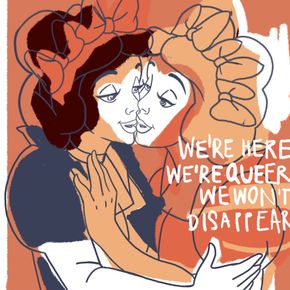Hurricanes, droughts and desalination in relation to access to electricity
Power outages have become a daily occurrence in Puerto Rico when storms and hurricanes hit. Residents then suffer even weeks of lack of clean water. The impact of Hurricane Fiona in September 2022 blocked the operation of at least ¾ of the 917 pumping stations and 227 wells. Puerto Ricans were again exposed to illnesses stemming from contaminated water. After Hurricane Fiona, the Department of Health recorded 25 confirmed and 81 probable cases of leptospirosis, a bacterial disease caused by contact with contaminated water and soil.
Thanks to a desalination plant, the people of Agadir, Morocco, are coping with drought in agriculture and daily life. The Moroccan government is planning 12 more such desalination plants as part of a $12bn investment in water projects. However, the development of the seawater desalination programme depends on supporting it with renewable electricity – electricity accounts for 45% of the total cost of desalination. Therefore, Morocco wants to increase the share of renewable energy in total energy production from the current 20 to 52% by 2030.
Almost half of the sub-Saharan region (which has a population of around 600 million) has no access to electricity. African countries would be able to transition to a sustainable and environmentally protective economy if they had access to new green technologies. At the Africa Roundtable meeting in Dakar, policy, business and civil society experts discussed strategies for achieving a just energy transition on the African continent.


























